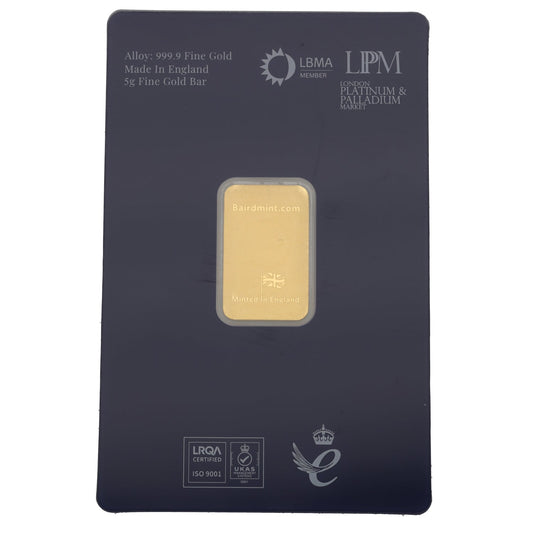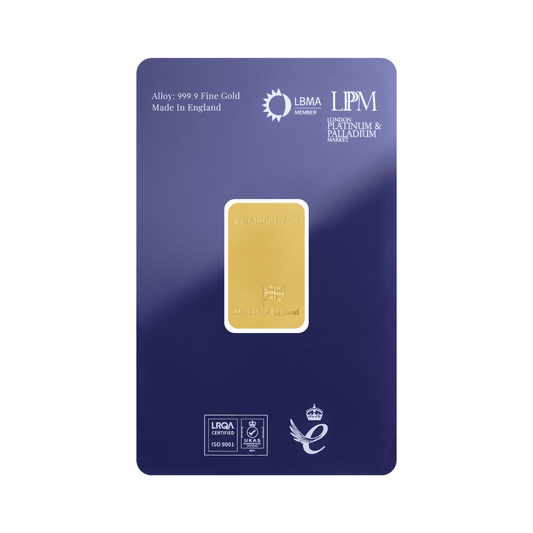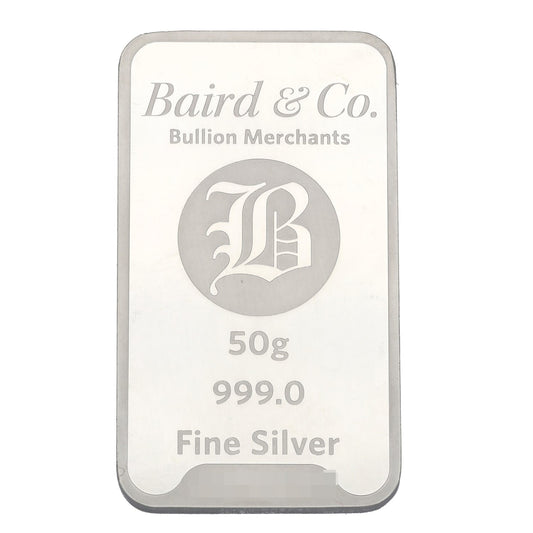When applying for a loan, many people make mistakes which could hinder or even stop them from borrowing the money they need. While applications for cash loans are usually very straightforward, there are some actions which can cause problems both before and after, should the loan be approved.
While some use cash loans in order to fulfil a want, others use them in times of need. This is usually to cover an unexpected expense, such as needing a new washing machine after an old one has broken down, or for essential car repairs for example. When these situations arise, it can be easy to rush into applying for a cash loan - which is precisely where many of these common mistakes come from.
Read on to find out what you should NOT do when considering, applying and once you are approved for a cash loan.
Rush the decision and your application

When an unexpected expense happens, or if you are excited about a new idea and need money to achieve it, it can be very easy to get carried away in the moment. This causes people to rush into applying for loans which they may not necessarily need, or which may not be ideally suited to what they want to achieve.
Rushing in may mean applying to the first lender you come across, without giving enough thought as to whether they’re properly regulated or the best lender for your needs. Doing proper research beforehand to find a lender who you are comfortable with is important, as you will be entering into a contract with this company for a certain amount of time.
In the case of some cash loans, the repayment term allows for repayments to me made over a period of time up to 2 years. By choosing a lender who is easy to contact and communicate with, and who follow the FCA’s Fair Lending policy you are putting yourself in the best possible position.
Apply to lots of lenders at the same time

While it may seem like a good idea to hedge your bets and make a lot of loan applications at once – after all, you don’t have to take a loan which is offered to you – this can actually be detrimental to the likelihood of it being approved.
Your credit rating is the reason for this. Your credit file records any and all borrowing you have, as well as any that you apply for, whether it’s a successful application or not. Applying to a lot of lenders at the same time shows desperation, and this may be construed as poor money management, which then may cause a lender to turn the application down.
It’s always best to stick with one lender initially, and then move on to a second choice if you were not successful. It may be worth asking the reason why the application was turned down, so that you do not waste time applying with others should they have the same stance.
Choose the highest loan amount you can get
Applying for a loan is a big step, but once you have decided that it’s the best option for you, the main hurdle has already been overcome. Many people see the amounts they could borrow and decide to up their desired loan amount – it’s a very easy thing to do. While this is fine if you are happy with - and fully able to pay back - the monthly payment amounts, borrowing more than you need is not usually advised.
Another issue connected with borrowing more than you actually need is that your application may not be approved for the higher amount, when it perhaps would have been for the amount you actually needed. Once you have been turned down for a loan, this will show on your credit file and may lower your credit rating, making it harder to be approved in future.
Fail to check your credit rating

Checking your credit file is an important first step which many people fail to do. This may be due to over-confidence in their perceived rating, or because there is a lack of understanding as to how it affects the application process. Keeping an eye on your credit rating and the information which is held about you by credit reference agencies is paramount, as any errors could severely affect your ability to get credit at no fault of your own.
To check your credit rating, you can go to any of the three main credit reference agencies operating in the UK – Experian, Equifax and TransUnion. When looking at your credit file, you must ensure that all information is correct, including all spellings of names and address. Any information which should not be there can be reported to the agency for consideration. Always make sure that you are registered on the Electoral Roll for your current address, as this alone may mean you being turned down for credit with some lenders.
Checking your credit rating beforehand can help you to pinpoint which lenders you should be applying to. If it is clear that you would not qualify for the lowest cost loans due to a less-than-perfect or non-existent credit history, then avoiding making applications to these lenders is wise.
Agreeing to a loan you know you will struggle to repay
Once you have found the right lender and have completed the application process, it’s important to have one last think about the affordability of this loan for you. If you know that your finances are going to fluctuate, for instance, and you have not relayed this to the lender then you may find repayments become unmanageable. Struggling to repay a loan can cause a lot of stress and worry and it is likely to negatively affect your credit rating.
Remember – as long as you are happy that you can meet all required repayments in full and on time, whilst still having some money left over for emergencies, it should be a success. If you find that you cannot make a payment, then it’s always best to contact the lender in the first instance so that a revised repayment plan can be put in place. This is not advisable except in emergencies and shows another reason why your chosen lender should be easy to contact, friendly and experienced in the industry.
































